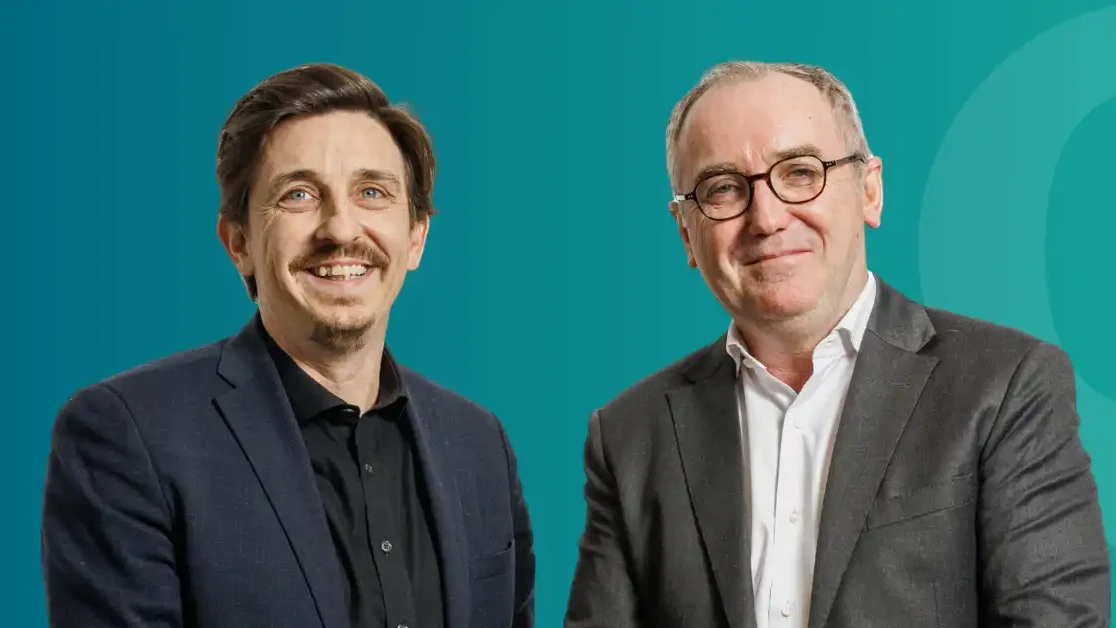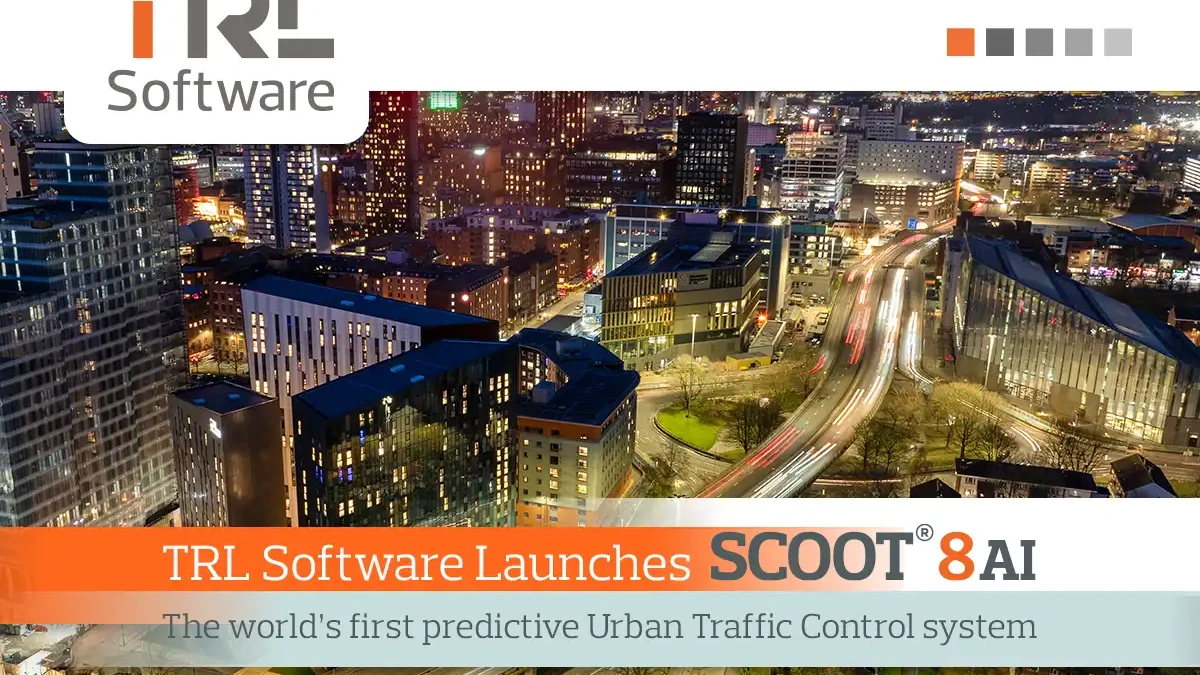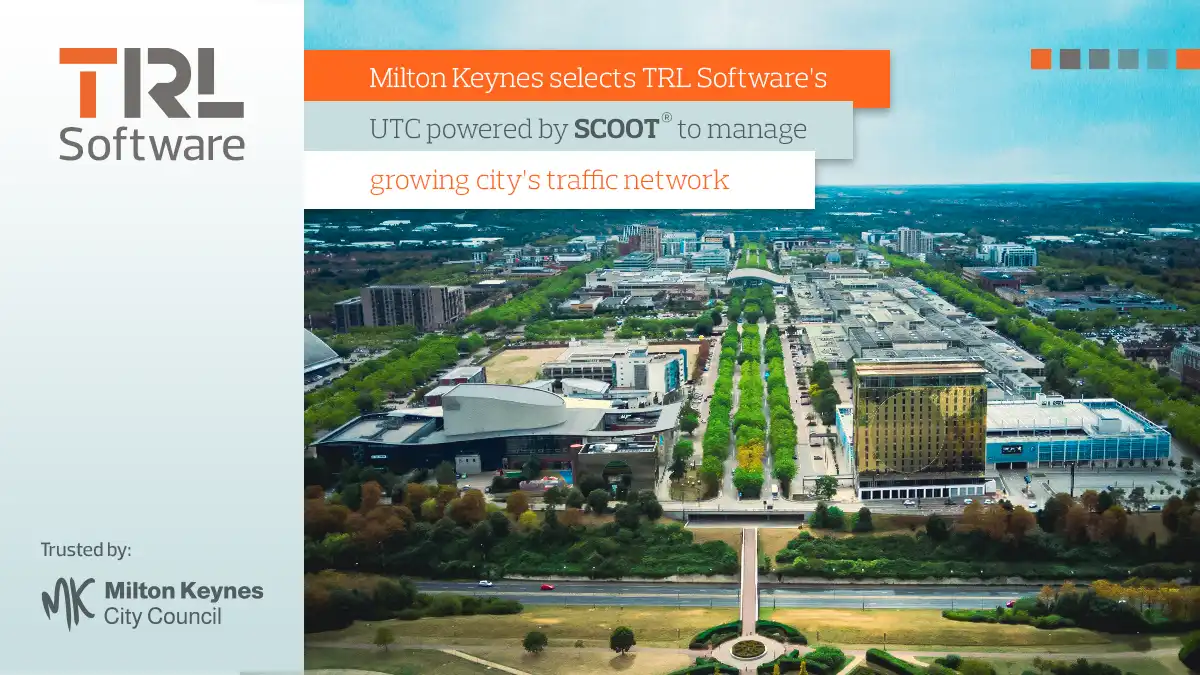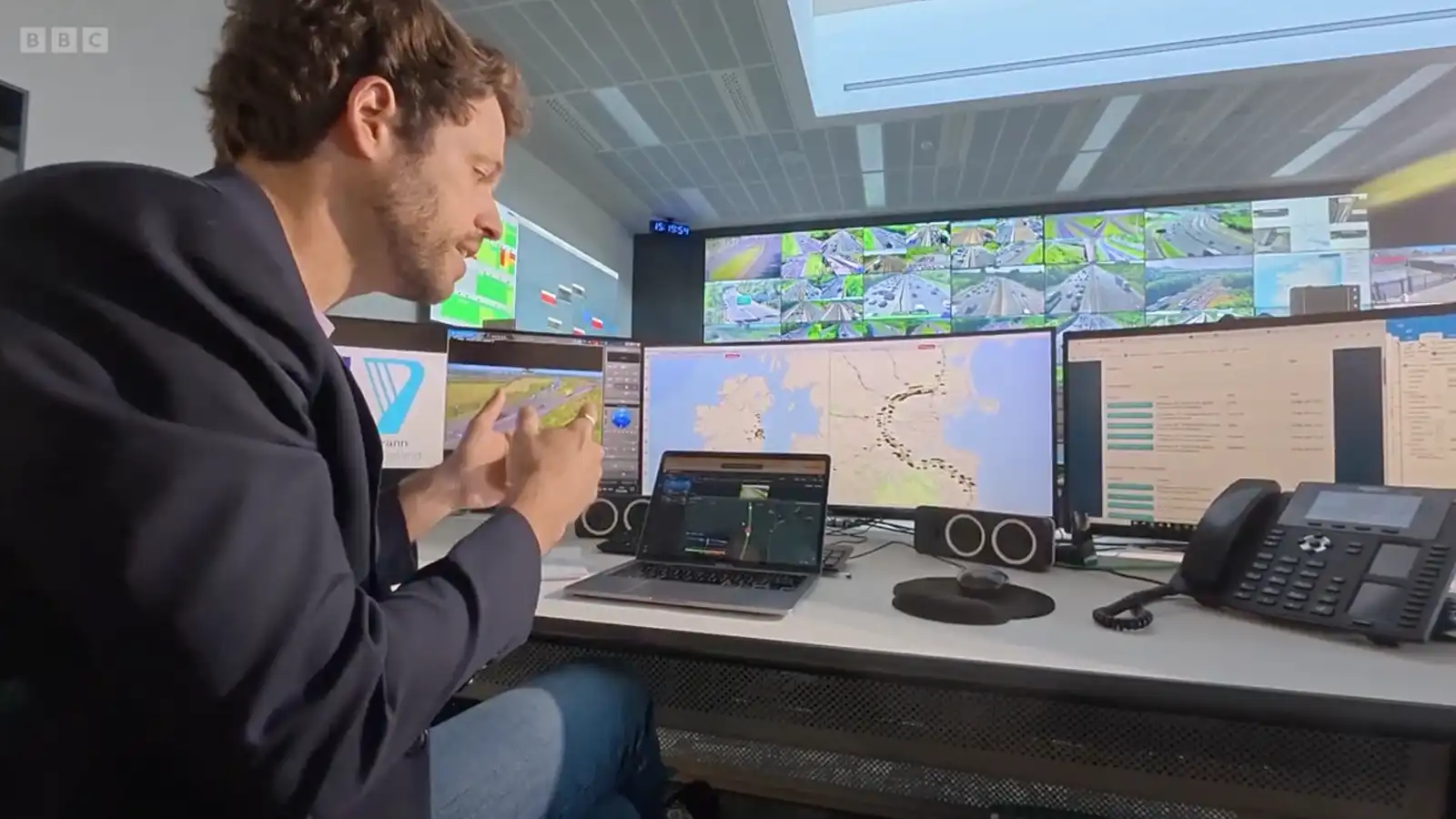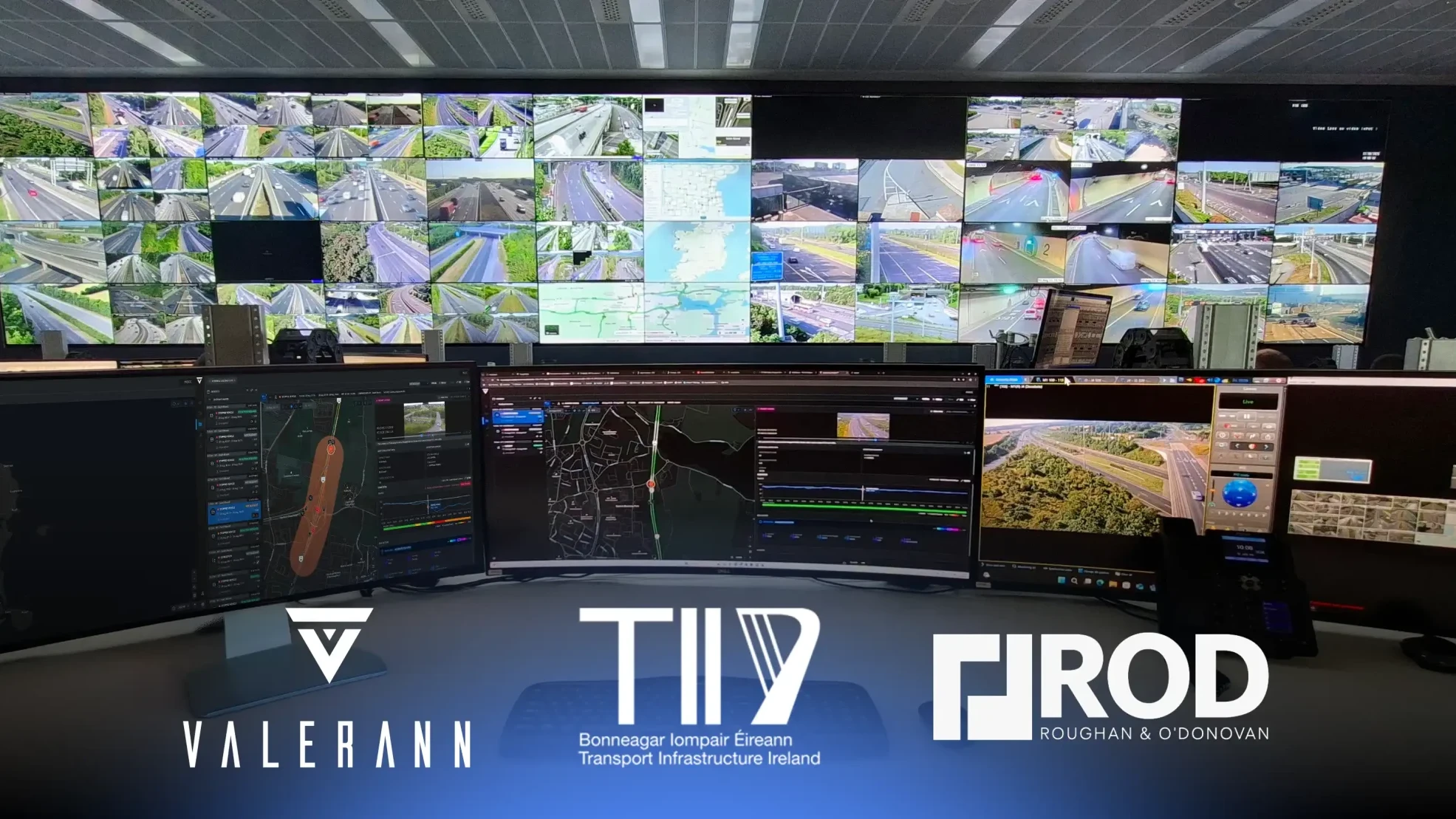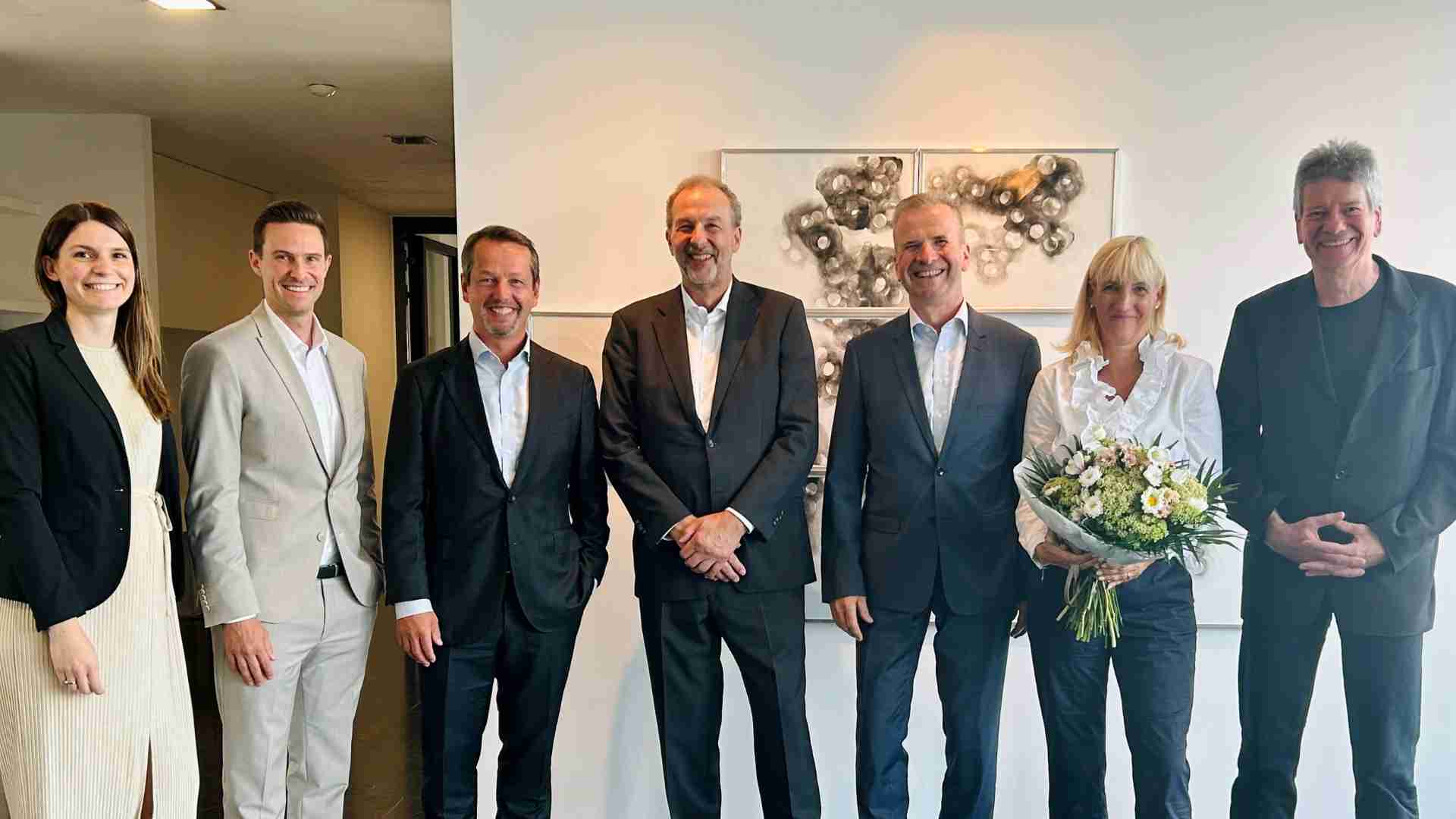Children – The Change Makers
By Rajat Mishra
Director & Chief Executive Officer, EFKON STRABAG India
A quiet revolution is underway in India’s classrooms—one that is empowering children to become champions of road safety and catalysts of meaningful social change.
Roads form the lifeblood of global commerce and connectivity, yet they are also among the most perilous spaces we navigate. Every year, road crashes claim over 1.3 million lives and injure tens of millions across the world—many suffering lifelong consequences. Unlike air or rail disasters that trigger media outrage and institutional reforms, road accidents are all too often dismissed as routine. This normalization of tragedy is not just dangerous—it is deeply unjust.
India faces one of the gravest road safety crises globally. In FY 2024, the country recorded over 168,000 fatalities and more than 400,000 serious injuries due to road accidents. That equates to one death every three minutes and one serious injury every minute—a staggering toll on human life, productivity, and wellbeing. Behind each number lies a shattered family, a community in grief, and an avoidable loss.
To counter this epidemic, global frameworks emphasize the “4 Es” of road safety: Engineering, Education, Enforcement, and Emergency Response. While infrastructure and enforcement are vital, Education—especially when directed at the young—emerges as a particularly transformative tool.
At EFKON India, a subsidiary of the Austrian infrastructure leader STRABAG SE, we have embraced this truth. Over the past five years, we have implemented a nationwide school engagement initiative, reaching over 500,000 students across India. Through storytelling, art, drama, and interactive learning, children are taught not only the rules of the road but the value of empathy, responsibility, and civic awareness.
The results have been extraordinary.
Children don’t just learn—they lead. They return home and remind their parents to fasten seatbelts, wear helmets, obey traffic signals, and avoid using mobile phones while driving. This peer-to-parent influence is powerful, and in many cases, more persuasive than conventional enforcement. When children speak, their families listen.
To scientifically evaluate the initiative’s impact, we partnered with the Indian Institute of Technology (IIT) Roorkee for a year-long research study across multiple schools. The findings confirmed our belief: children exposed to our programs showed significantly higher awareness of road safety and actively influenced the behaviour of adults in their households. Children, the data showed, were not just passive learners—they had become influencers and enforcers.
This aligns with our broader mission at EFKON and STRABAG: to work towards a world of zero road fatalities and minimal vehicular emissions. Road safety is not merely a technical issue—it is a cultural one. And culture, we believe, can be reshaped most effectively by empowering its youngest citizens.
Across schoolyards and classrooms, this change is already in motion. Children are questioning unsafe practices, advocating for responsible behaviour, and inspiring change in homes and communities. With the right support and engagement, they can steer our society toward a safer, more conscious future.
Because in their hands lies not just the steering wheel—but the direction of tomorrow.
Latest News
- MoU signing between IRF and VRCIC to Advance Cooperative Vehicle-Infrastructure Technologies

- IRF and CHTS Strengthen Collaboration in Advancing Research in Autonomous Vehicles

- Driving Innovation: IRF and CHTS Strengthen Collaboration in Smart Mobility Research

- Hi-Drive Webinar Explores the Technology Enablers for Higher Vehicle Automation

- Introducing the IRF Start-Up 2025 Finalists

- Building Resilient Roads for a Safer and Connected Future

MORE NEWS
October 5, 2025
0 Comments7 Minutes
From intrapreneurial initiative to independent start-up: ORIS Materials Intelligence accelerates its development
ORIS adopts a new shareholding structure around its co-founders, with the entry of a new strategic investor, LIBERSET.
September 24, 2025
0 Comments3 Minutes
TRL Software Launches SCOOT® 8 AI
World's First AI-Powered Predictive Urban Traffic Control Solution
September 18, 2025
0 Comments5 Minutes
Milton Keynes City Council selects TRL Software’s UTC powered by SCOOT®
The TRL Software will be used to manage the growing city’s traffic network
September 18, 2025
0 Comments6 Minutes
BBC Tech Now features Valerann
Valerann discusses features of its Motorway Operations Control Centre with BBC.
September 4, 2025
0 Comments4 Minutes
Valerann Wins 2025 IBTTA Toll Excellence Award
Valerann was awarded for Transforming Incident Detection and Response on Ireland’s Road Network with AI-Powered Data Fusion







